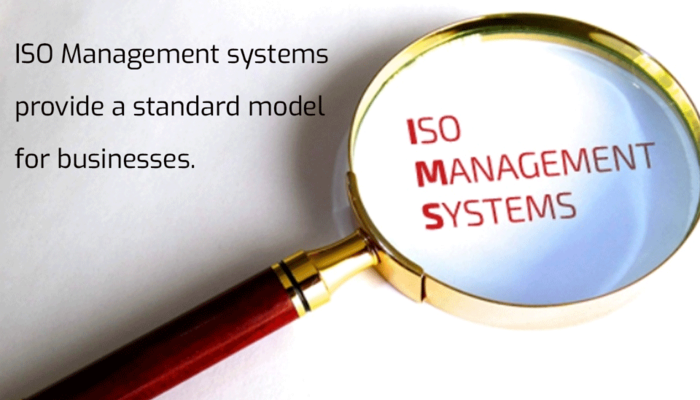Integrated Management System- Definition, Roles and Benefits - 3 minutes read

Integrated Management System combines and merges all the components and aspects of the company’s processes, and systems into one smart operative system some of which include ISO 14001 Environment Management, ISO 9001 Quality Management, and Occupational Health and Safety Management OHSAS 18001 standards.
ISO management systems consulting helps companies to streamline their management processes, hence saving time, and increasing employee productivity by addressing all the concerns of the management system.
This also helps companies to avoid the unnecessary work hassle of multiple management systems which may reduce the auditing of each standard and simultaneously cover all the standard specification requirements.
ISO Management systems make it a seamless and smooth process for organizations with a high-level structure and SL-based standards. Thus, making it easier for companies to see the similarities of the shared processes of each Standard.
Role of Management Systems Consultants
It is important to find the right ISO management systems consultant the first time for organizations to help them solve issues, maximize growth, create company value, and improve business performance.
Management Systems Consultants use their business skills to provide expertise and appropriate advice to develop any specialist skills required by organizations that they may be lacking. They are undoubtedly valuable and bring in addition to the team on small or large projects.
Benefits of an Integrated Management Systems?
Eliminates Redundancies
The benefit of implementing IMS is to align the standards with common components. Hence, this would include a single procedure for improvements which will result in removing any repetitions and result in a great amount of saving time.
Improved Performance
With streamlined procedures and continuous improvement IMS helps businesses to improve better quality, safety, and increased efficiency.
Cost-Effective
By using Integrated management, the tasks and processes are shared, saving both costs and time needed to implement and maintain the system would be reduced. With just one audit and management review, the team members could focus on other important tasks at the same time.
Establish Consistency
If your systems are well-aligned and you have shared processes, the procedures will be more logical and coherent, with common business goals and giving your business clearer, more defined objectives for success.
Digital Integrated Management Systems
The versatile digital integrated system makes it even simpler to bring all the processes, audits, and documents into one accessible place which can be logged into a specific time.
This makes it easy for the companies as well as the teams to focus on built-in version controls and automated tasks, ensuring the right documents are in use and responsibilities are clearly defined. This ensures speeding up of the process and necessary tasks are completed faster.
Conclusions
The outcomes of the integrated management system are very diverse. Some sectors see the difference in a matter of months, while others need many years. The concrete advantages of IMS may be easily shown to its critics and we’re sure they too will love to know more about that. Contact PQAS, Management Systems Consultant, and transform your business.